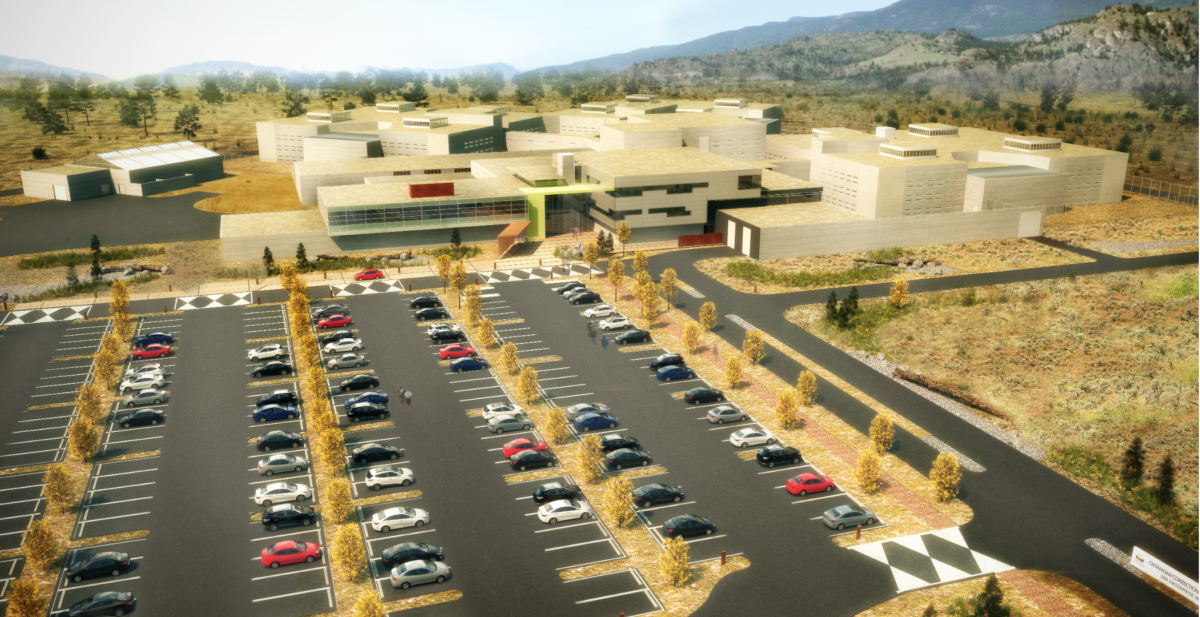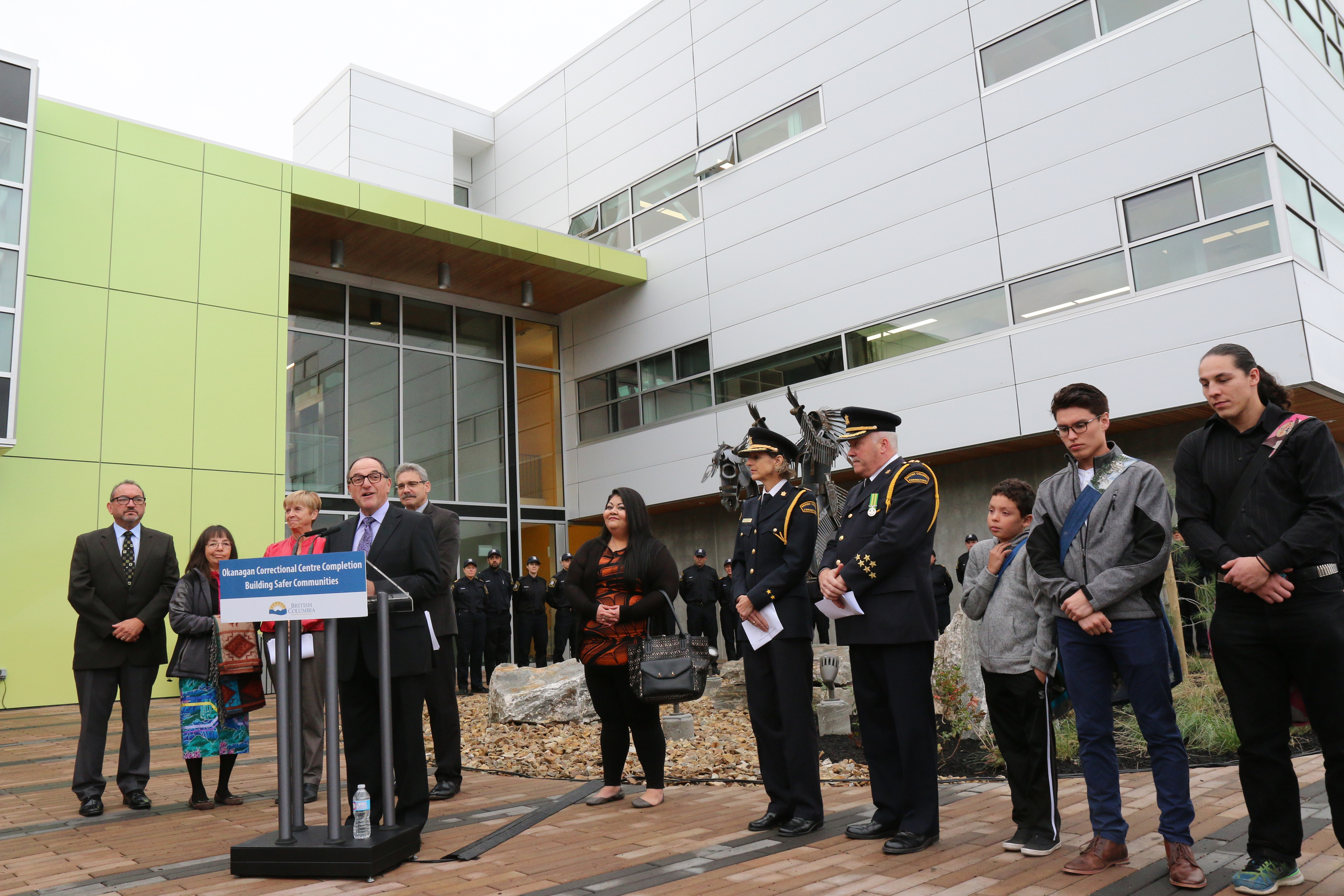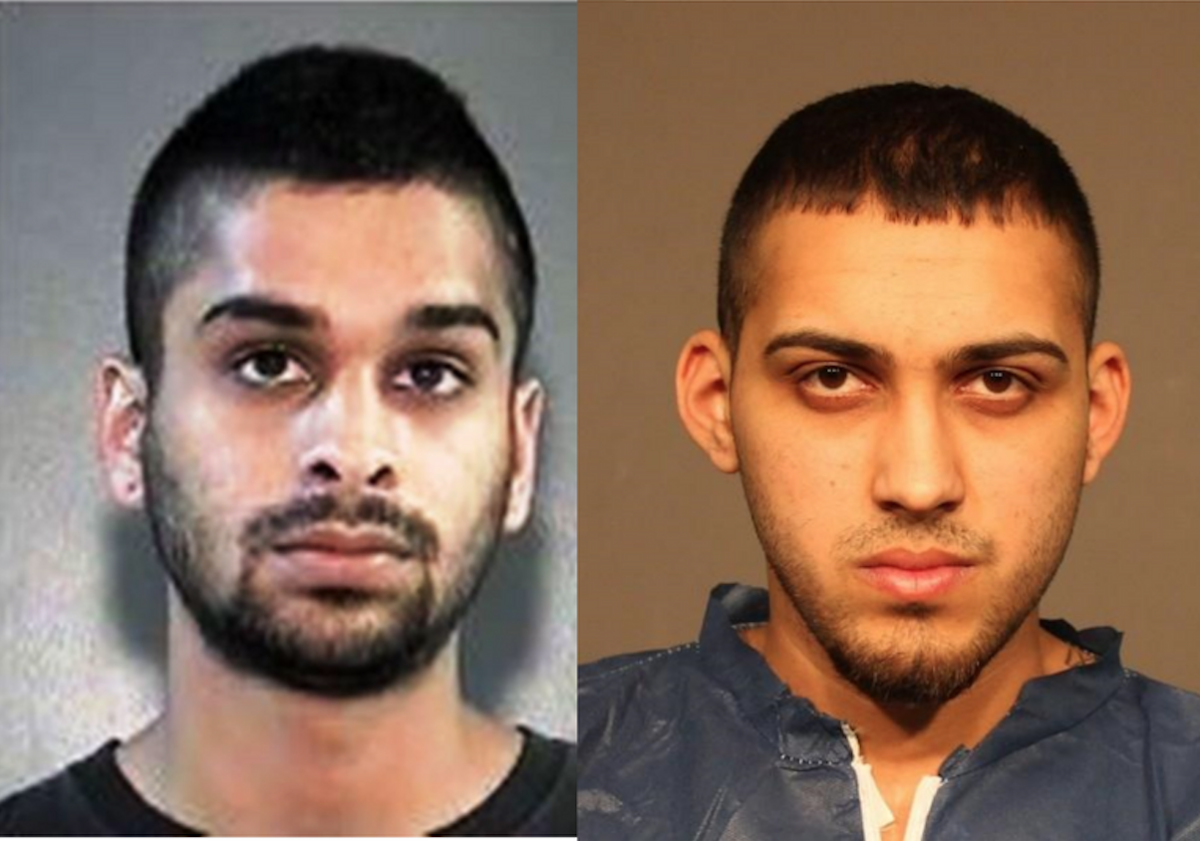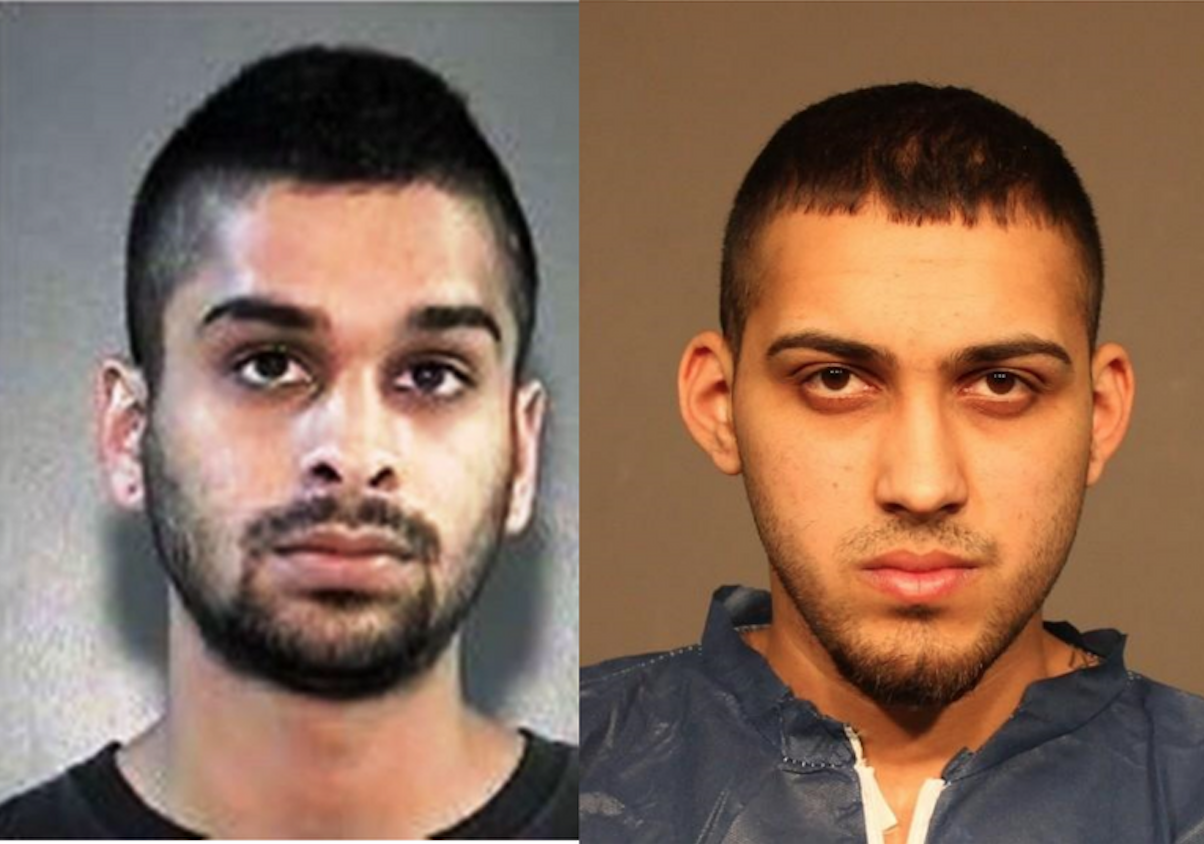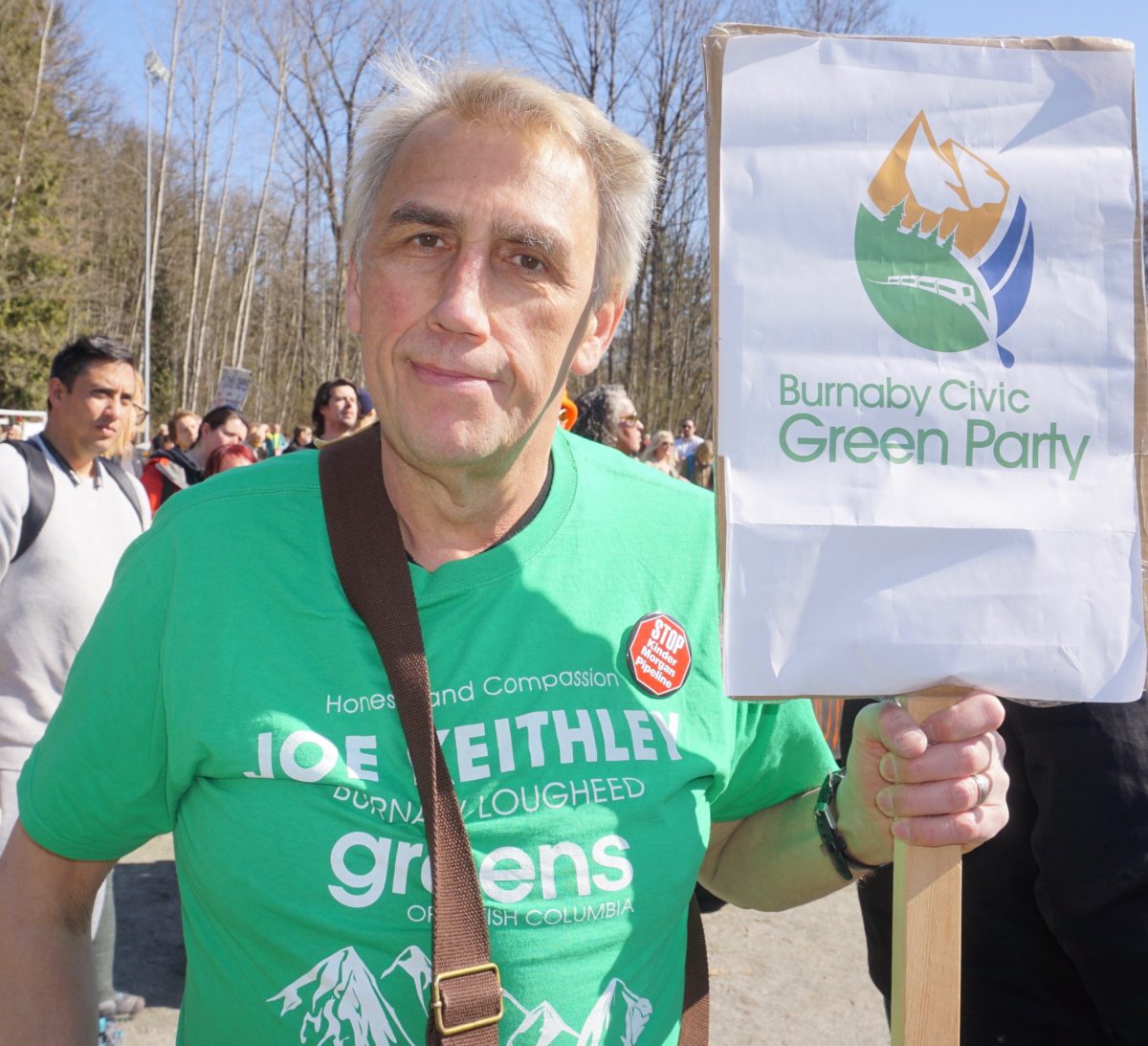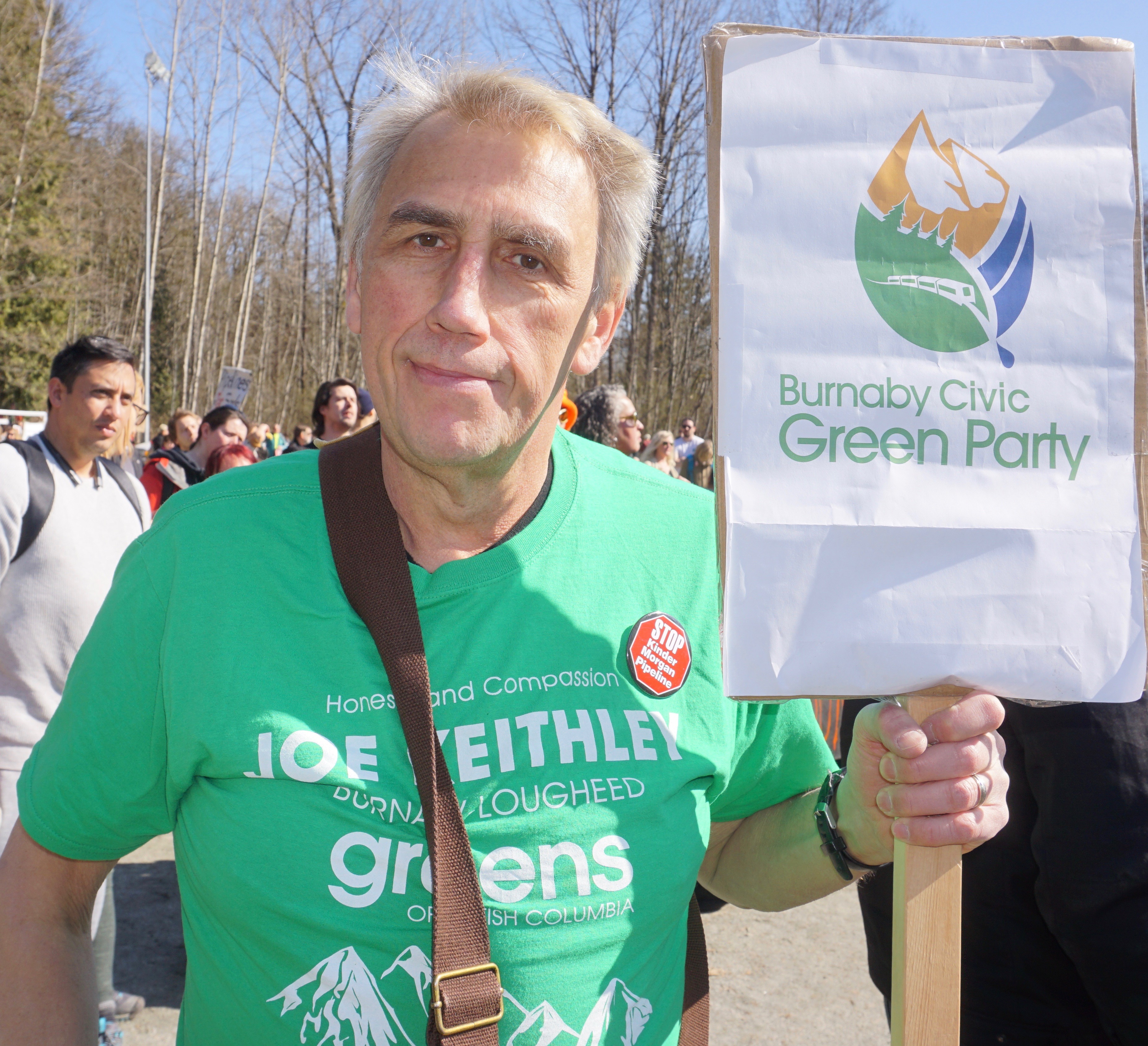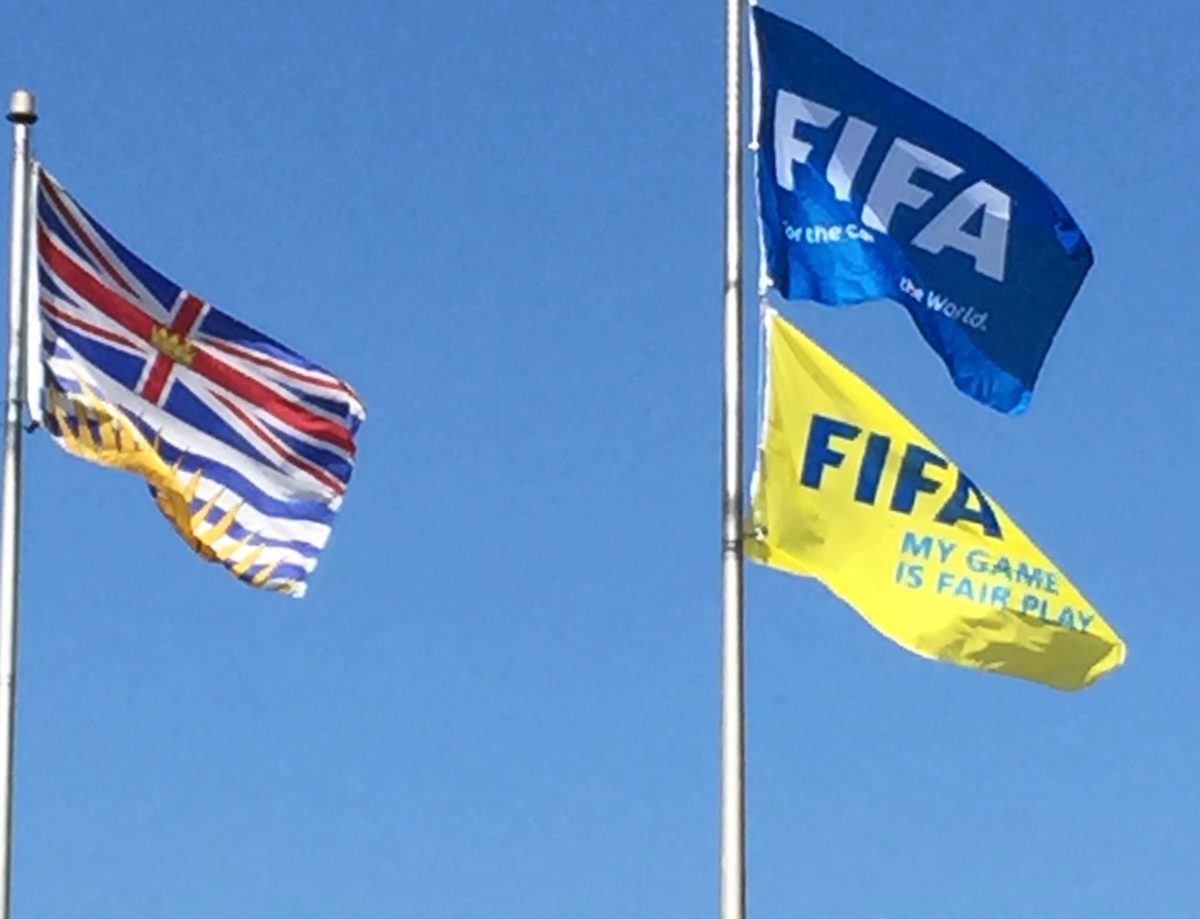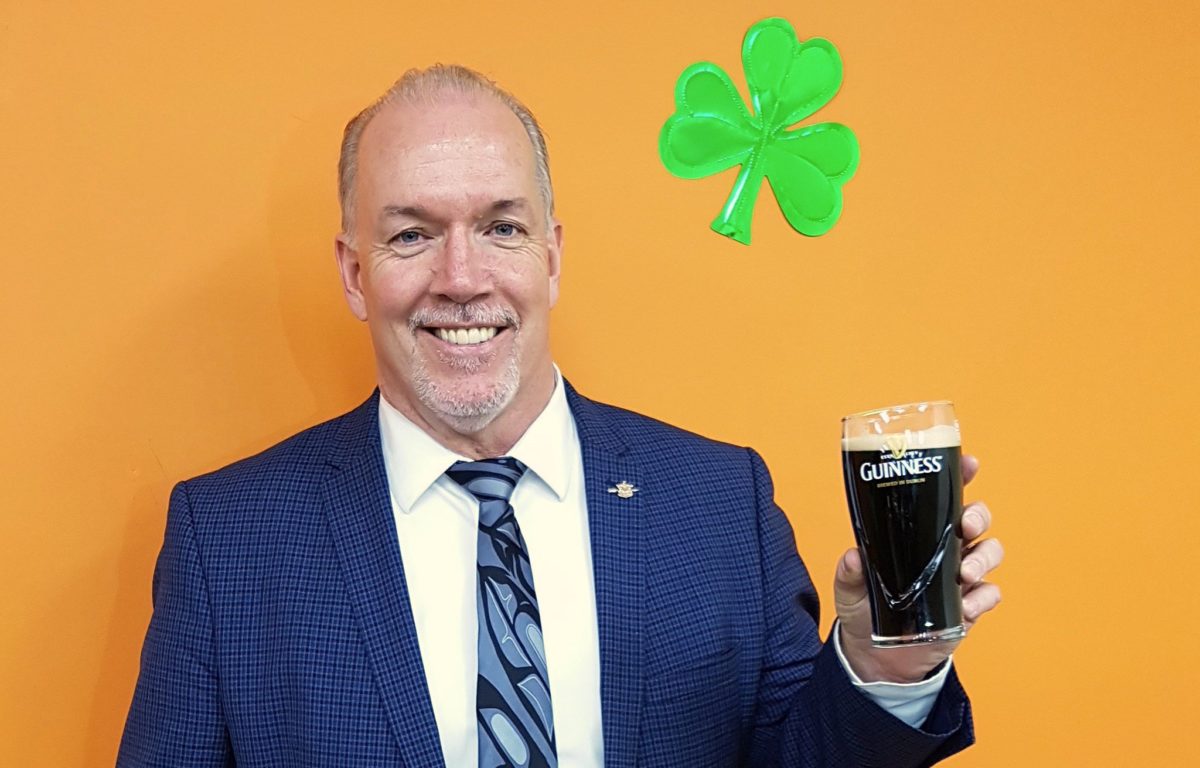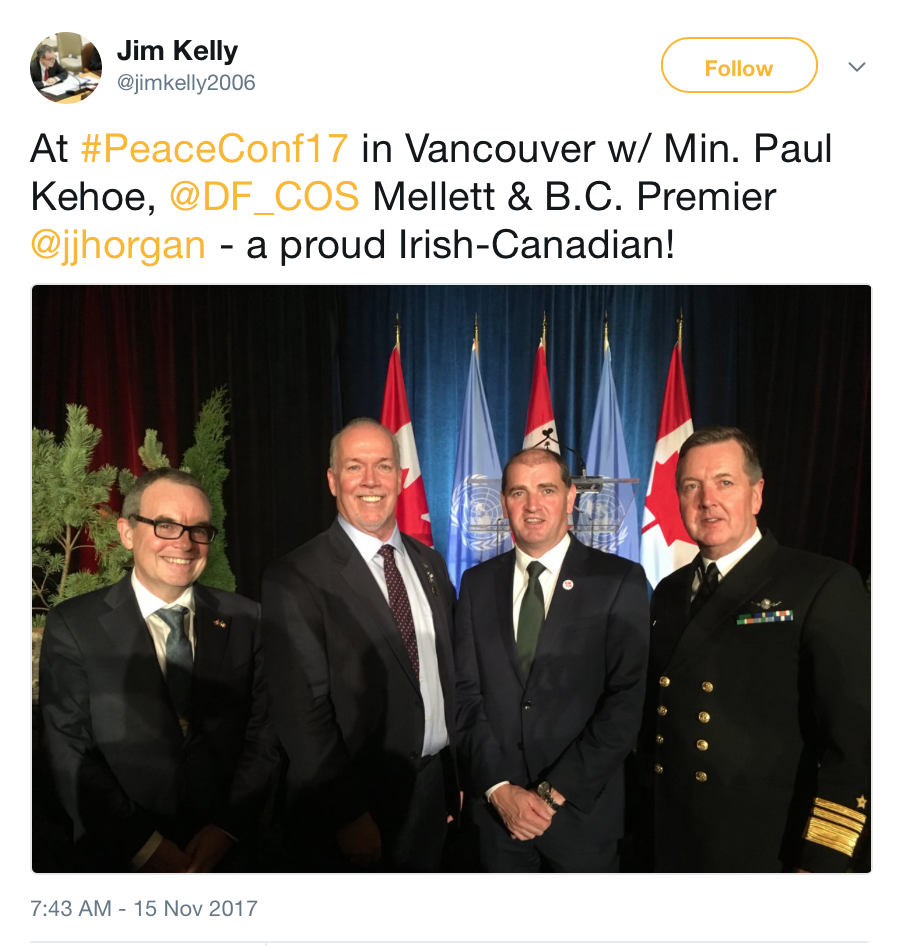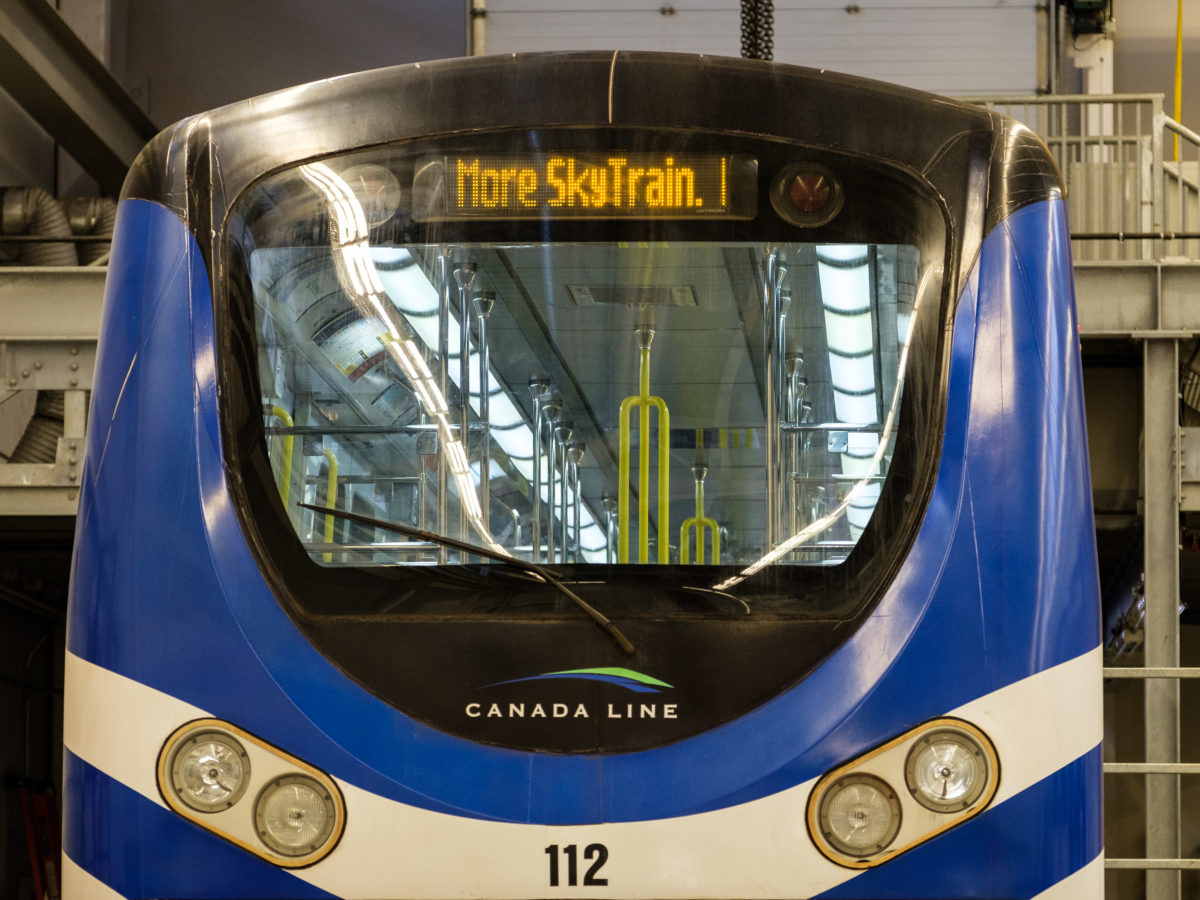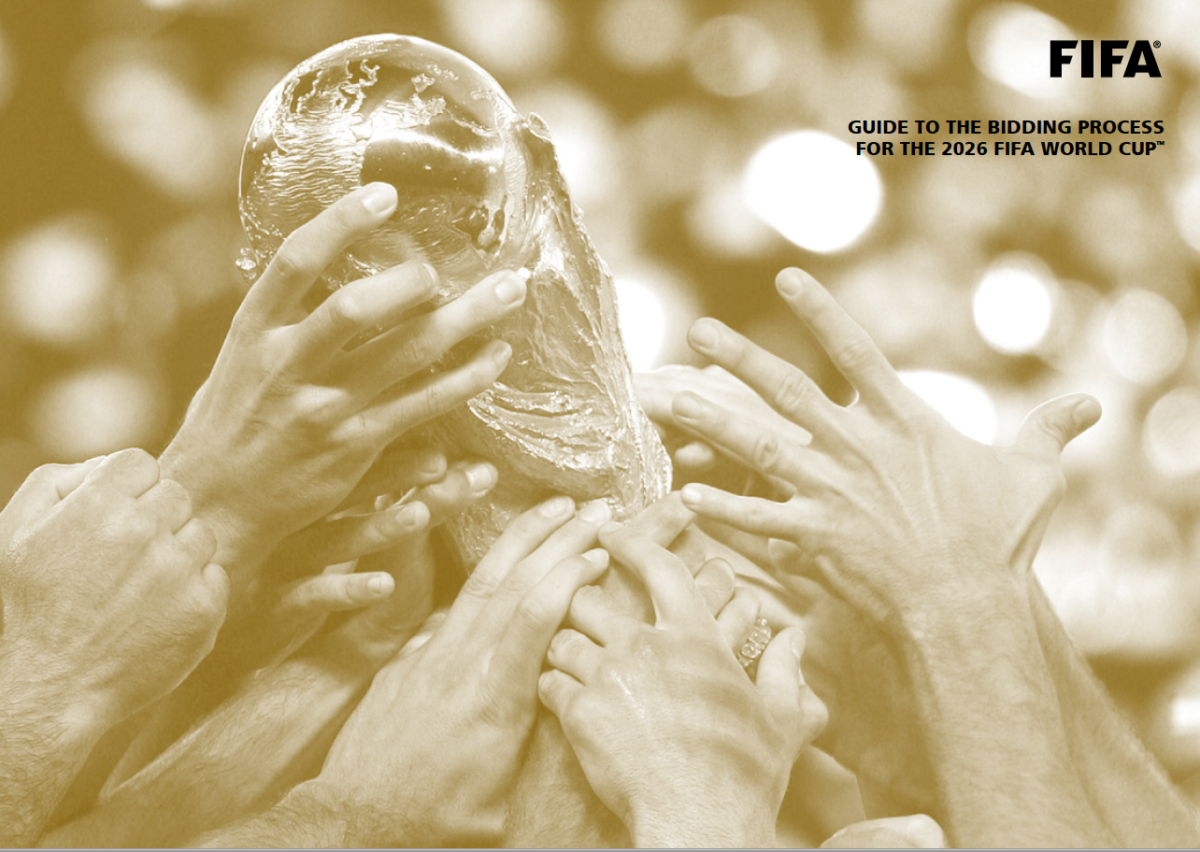Bob Mackin
NDP Premier John Horgan wasn’t joking when he said FIFA wants a blank cheque from governments bidding to host 2026 World Cup games.
The corruption-tainted world soccer governing body will get a United States-led bid that includes cities in Mexico and Canada, but not Vancouver, host of the 2015 Women’s World Cup final.
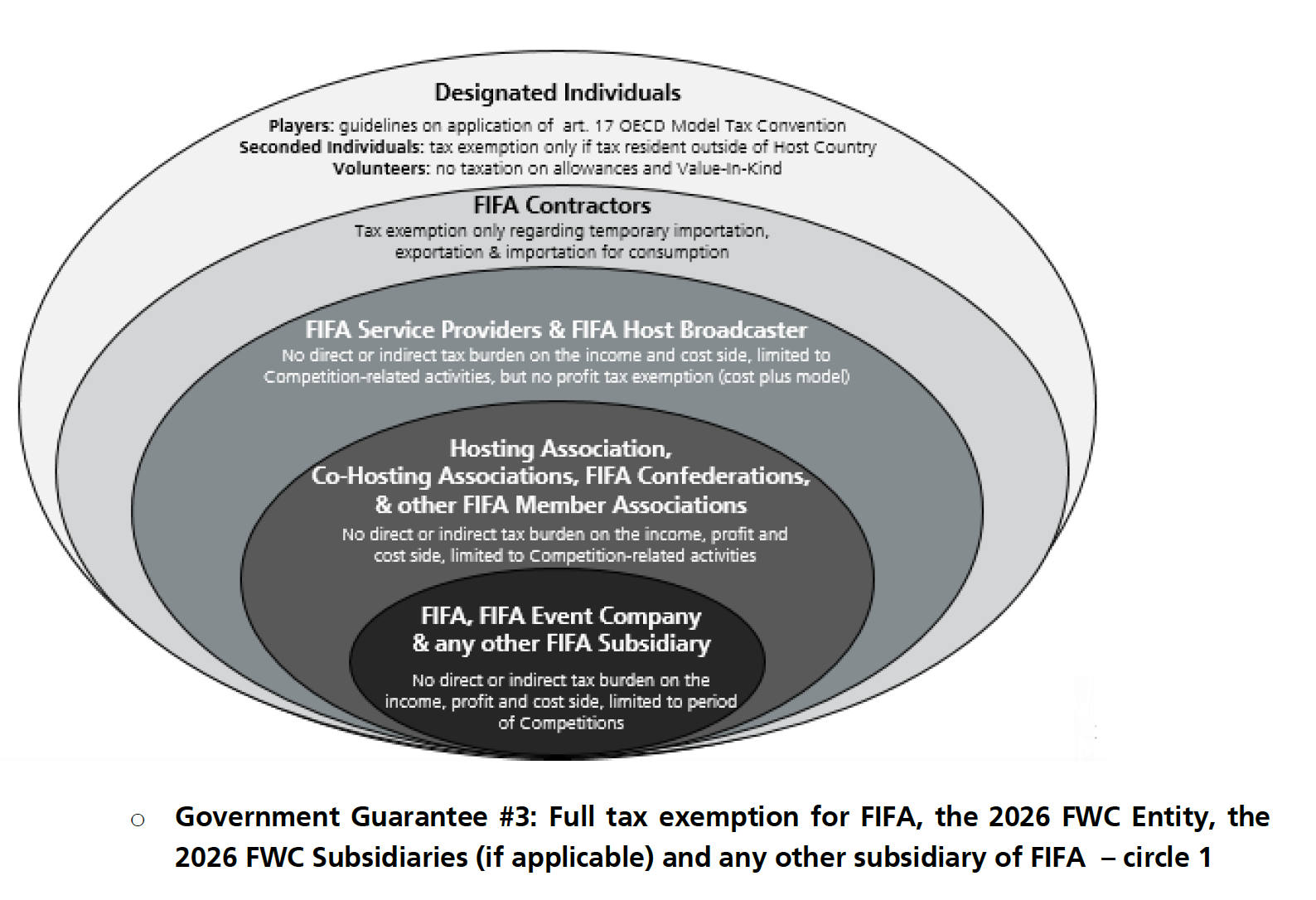
FIFA publication illustrates the degrees of tax breaks it demands from 2026 host governments. (FIFA)
Talks broke down between the United Bid Committee and the British Columbia government, ahead of the March 16 deadline. Horgan balked at FIFA’s expensive wish list, from a sweetheart lease of B.C. Place Stadium to onerous security costs.
Vancouver was in the running to host approximately three games in the early stages of the expanded 48-nation tournament. Edmonton’s Commonwealth Stadium, Toronto’s BMO Field and Montreal’s Olympic Stadium remain candidate venues.
Chicago, where the 1994 World Cup kicked-off, also withdrew from the United Bid. The Chicago Sun-Times reported that Mayor Rahm Emanuel’s office cited cost uncertainty for taxpayers and the unwillingness of FIFA to negotiate. Losing the Windy City is especially shocking, because it is the hometown of the United States Soccer Federation.
theBreaker has obtained a copy of FIFA’s requirements for governments bidding for 2026. The Swiss-based organization, still reeling from the FBI’s 2015 crackdown on FIFA’s massive bribery and kickbacks, requires host governments agree to grant it huge tax breaks for an entire decade and allow it to import and export unlimited amounts of foreign currency. FIFA also requires host taxpayers pick up the full bill for safety and security and assume liability should there be any security incident of any size.
FIFA will decide between the CONCACAF bid and one from Morocco on June 13 at its congress in Russia. From that day until the end of 2028, FIFA will demand that the winning bidder grant it a vast tax holiday.
The general tax exemption, the FIFA bid manual states, “must comprise all taxes that may be applicable in the host country/host countries. The sole exception to the general tax exemption is taxation on the sale of tickets to third parties (i.e. tickets not used by FIFA, the 2026 FWC [organizing] entity, the 2026 FWC subsidiaries (if applicable) or any other FIFA subsidiary for its own purposes), but limited to VAT, sales tax or the like at a unified rate of a maximum of 10%. No other taxes may be charged on any revenues or profits generated through the sale of tickets.”
The hosting agreement also includes a clause guaranteeing the “unrestricted import and export of all foreign currencies to and from the host country/host countries by means of bank transfer, as well as the unrestricted exchange and conversion of all foreign currencies into local currency, U.S. dollars, Euros or Swiss francs, is unrestricted, not subject to any taxes in the host country, and in line with the conditions prevailing on the international foreign exchange market.”
The guarantee, however, “will by no means limit or restrict the applicability of laws and regulations in the host country/host countries to prevent money laundering.”
Security operations, to be paid by host governments, will extend from stadiums to team training facilities, official hotels, media centres, the FIFA Fan Site, airports, train stations and bus stations. Host governments will also assume liability for safety and security incidents.
FIFA also requires special laws and enforcement against counterfeiting, trademark violation, ambush marketing and “the prohibition of the secondary ticket market in relation to the competition.”
For its workforce, FIFA wants a visa-free environment where work permits are issued “unconditionally and without any restriction or discrimination of any kind.” 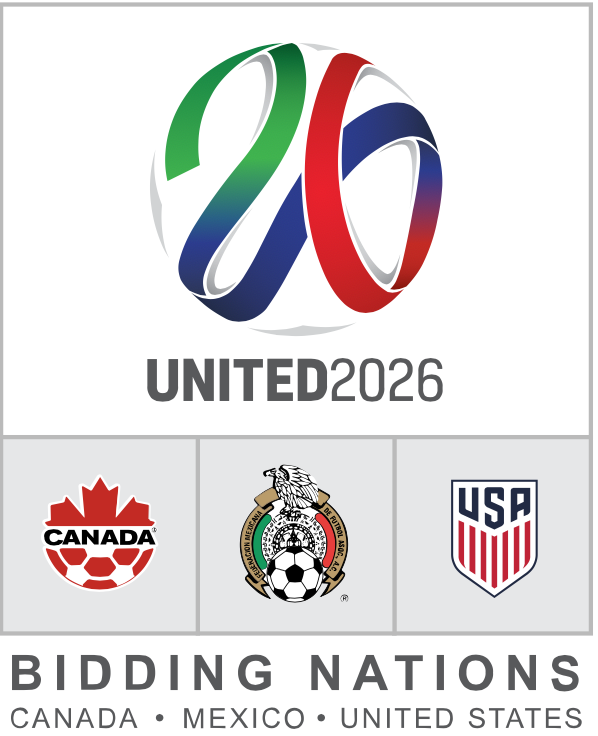
“It is also requested to grant exemptions from labour law and other legislation for companies and personnel directly involved with the competition, provided that these exemptions do not undermine or compromise the government’s commitment to respecting, protecting and fulfilling human rights.”
FIFA’s annual report for 2016, the most-recent published, revealed that it had US$1.27 billion in investments and it spent more than US$50.4 million on legal costs after the transnational soccer corruption scandal peaked with FBI raids in 2015. It also revealed scandal-plagued president Sepp Blatter’s pay and perks for the first time: $3.76 million.
Blatter cancelled his trip to Vancouver in 2015, for fear of arrest. Canadian taxpayers spent at least $27 million to subsidize the $90 million Women’s World Cup.
Blatter was banned for eight years in late 2015 over his corruption. In 2016, Gianni Infantino became the new president.
Support theBreaker.news for as low as $2 a month on Patreon. Find out how. Click here.
Bob Mackin
NDP Premier John Horgan wasn’t joking







